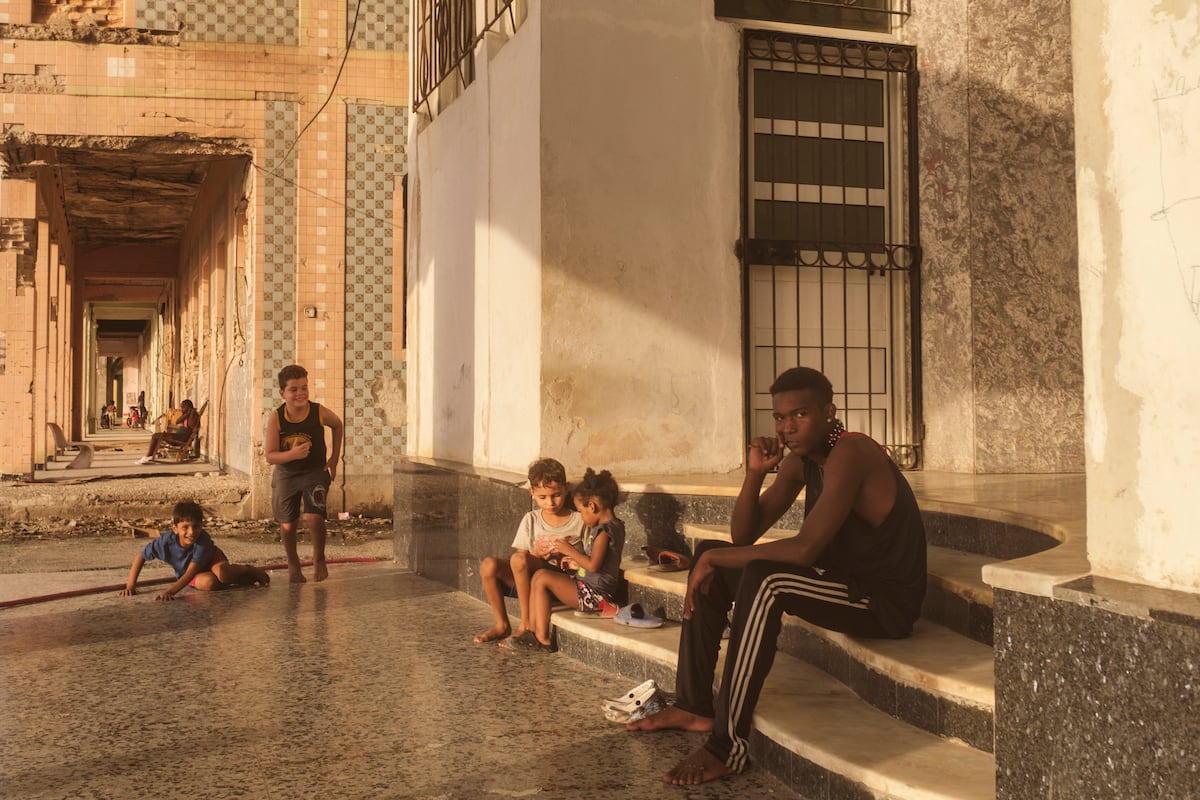
"Cuba experienced a vibrant period of openness and cultural exchange during the Obama administration, leading to luxury developments and major public events celebrating this transformation."
"The atmosphere shifted dramatically after Fidel Castro's death in 2016, which marked the beginning of a decline in optimism and public expression."
"A series of events including concert protests, new laws restricting media ownership, and severe economic mismanagement culminated in disillusionment among the Cuban people."
"Trump's administration and a return to conservative policies stifled the previous hopes for reform, leading to a resurgence of protests and public discontent."
Cuba's recent history reflects a complex interplay between hope and despair. Following the re-establishment of diplomatic relations with the U.S. under Obama, the island witnessed a cultural renaissance, characterized by luxury developments, high-profile events, and a general atmosphere of optimism. However, the death of Fidel Castro and subsequent political shifts led to a decline in this positive momentum. Economic challenges and significant protests, including the San Isidro Movement, have emerged, revealing deep-seated frustrations among the populace and marking a stark contrast to the optimism of earlier years.
Read at english.elpais.com
Unable to calculate read time
Collection
[
|
...
]